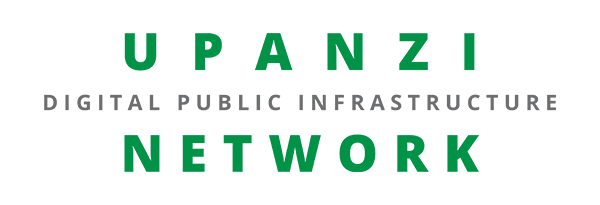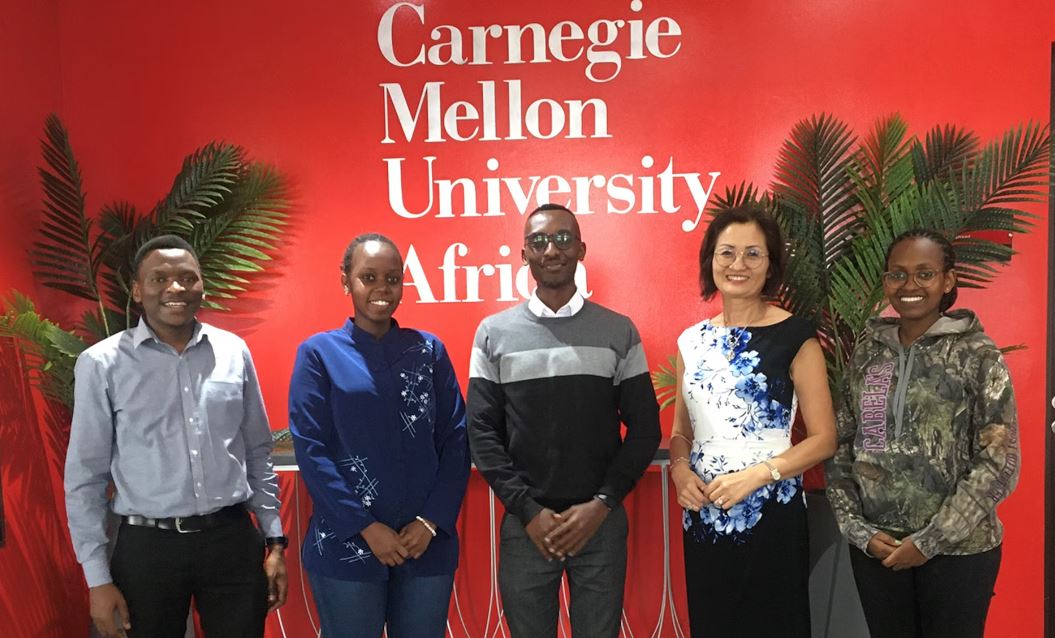Carnegie Mellon University Africa (CMU-Africa) has announced the expansion of its groundbreaking Upanzi Network, a collaborative initiative dedicated to developing secure, inclusive, and resilient digital public infrastructure across the continent. The announcement, made on November 20, underscores the network’s commitment to empowering Africa’s socio-economic development through localised and innovative solutions.
Launched in 2021 at CMU-Africa’s Kigali campus, the Upanzi Network unites engineering research labs across Africa to tackle critical challenges in areas such as digital identity, payments, cybersecurity, artificial intelligence, and data governance. This expansion brings in partnerships with leading universities, including Al Akhawayn University in Morocco, the University of Botswana, and the University of the Witwatersrand in South Africa, each working on region-specific digital solutions.
Read also: Ariika expands global footprint with $3 million investment in MENA nations
Localised innovation for diverse challenges
“There are no one-size-fits-all solutions for Africa. Collaboration among researchers from diverse regions is essential to create tailored digital solutions,” said Conrad Tucker, CMU-Africa’s director. His remarks reflect the network’s core mission to address the unique needs of African communities through innovative technologies and research.
Each partner lab has been awarded a one-year seed grant to support their projects. In Morocco, Al Akhawayn University is focusing on enhancing governance through digital transformation, prioritising inclusivity, transparency, and efficiency in public services. Botswana’s University of Botswana is using IoT technologies to address agricultural challenges, such as improving animal health and water management, while engaging youth through specialised workshops. South Africa’s University of the Witwatersrand is advancing digital literacy with multilingual learning technologies, overcoming linguistic and social barriers in education.
Symposium highlights pressing digital issues
This week, researchers from the Upanzi Network will gather for a symposium focused on digital identity and cybersecurity. These areas are critical to building trust and resilience in Africa’s digital ecosystem, reinforcing the network’s commitment to addressing the continent’s most pressing digital challenges.
Read also: Ethiopia sets deadline for standardised QR code payments to unify digital transactions
Building Africa’s digital future
The United Nations Development Programme (UNDP) identifies digital public infrastructure (DPI) as a cornerstone of digital transformation and efficient public service delivery. Properly implemented, DPI can support national priorities and accelerate progress toward the Sustainable Development Goals (SDGs). The Upanzi Network aligns with these global efforts, ensuring that Africa’s digital ecosystem is inclusive and adaptable to its diverse needs.
Through its expansion, the Upanzi Network is not only fostering technological innovation but also shaping the continent’s digital future by addressing infrastructure gaps and enabling localised solutions.
The initiative represents a critical step in bridging Africa’s digital divide and supporting its socio-economic growth through inclusive and resilient digital public infrastructure.

